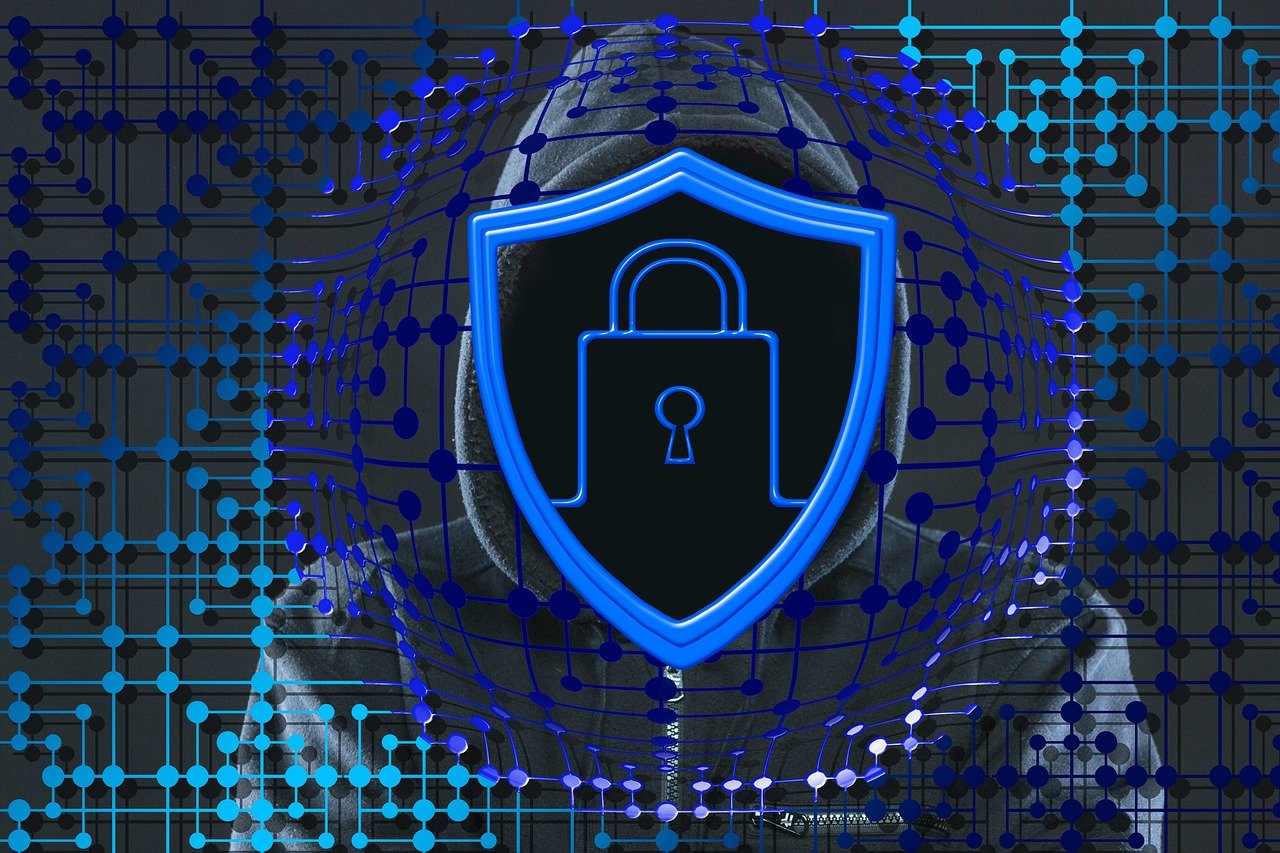This post is also available in:
 עברית (Hebrew)
עברית (Hebrew)
Fifth-generation wireless network technology (5G) that is steadily being rolled out around the world could spark dramatic technological advances in various areas, including autonomous vehicles and health care. The 5G ultra connectivity which allows a greater density of devices connected to the km² will provide a major advantage to IoT. There will be more devices with low consumption, in very large numbers on the same zone, without overloading the network.
Now known mostly for allowing faster downloading of videos and smoother gaming experience, 5G’s more reliable connectivity and lower latency have the potential to drive breakthroughs in tackling common social challenges.
“5G is not just telecommunications infrastructure but will become a part of the social infrastructure through an expanded industrial use in two to three years’ time,” said Yoshinori Omura, secretary-general of the Fifth Generation Mobile Communications Promotion Forum in Japan, according to mainichi.jp. In addition to improving the efficiency and productivity of existing business activities, 5G can drive innovation by encouraging companies from different industries to work together and has the potential to change business models, analysts say.
Interested in learning more about 5G technologies and innovation? Attend i-HLS’ InnoTech Expo in Tel Aviv – Israel’s largest innovation, HLS, and cyber technologies expo – on November 18-19, 2020. Meet InnoTech’s steering committee
A US government document titled the National Strategy to Secure 5G, defines 5G as the primary driver of US prosperity and security in the 21st century. It articulates a vision “for America to lead the development, deployment and management of secure and reliable 5G communications infrastructure, worldwide, arm-in-arm with our closest partners and allies.” However, securing the new technology is challenging. According to csoonline.com the paper says the US government will promote secure 5G infrastructure by regularly assessing the economic and national security risks to the infrastructure. To that end, the government will work with the private sector to “identify, develop and apply core security principles — best practices in cybersecurity, supply chain risk management, and public safety — to United States 5G infrastructure.”
A new challenge relates to the current COVID-19 pandemic. One of the baseless conspiracy theories surrounding the virus is that 5G networks are fueling the global coronavirus pandemic. Officials in the UK have expressed concerns that recent attacks on cell phone towers in the country were motivated by false conspiracy theories regarding 5G tech.
Where is Israel standing with regards to 5G infrastructure’s development and deployment? The Institute for National Security Studies (INSS) evaluates that Israel, based on its advanced technological capabilities, must take an active role in establishing and contributing to a Western technology coalition. Such a community could invite Israeli participation, with its technological capital, and enable Israel to strengthen its political, security, and economic ties with the West, Asia, and Europe. Since Chinese communication infrastructure is not expected in Israel, this position can be leveraged by Israel to strengthen its overall relations with the US in an era of Great Power strategic competition.
Attend i-HLS’ InnoTech Expo in Tel Aviv – Israel’s largest innovation, HLS, and cyber technologies expo – on November 18-19, 2020 at Expo Tel Aviv, Pavilion 2.

























